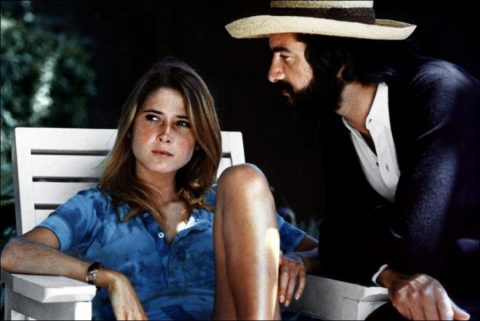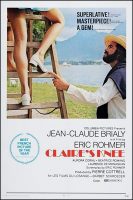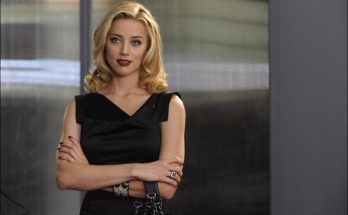My favorite aspect of the New Wave stream is that it never refuses mainstream cinema. Many of his directors know the mainstream cinema, especially Hollywood, because he went through the Cahiers du Cinéma training. Because they are aware that the simplest but most basic cinema is made by Hollywood.
He even made Cahiers du Cinéma the first return reputation for many directors like Hitchcock and Welles. Since the New Wave connoisseurs mastered the mainstream very well, they both know how to deconstruct it and also manage not to lose the audience’s interest even though they destroy the classical cinema language.
Let us first look at É gen Rohmer’s Le genou de Claire (Claire’s TV Series – 1970). In the film, we watch the two-week holiday on the shore of Lake Genoa, where Jerome, a wealthy intellectual, spent before his wedding. First he meets his childhood friend Aurora, and through him he meets two spoiled adolescent sisters, Laura and Claire. The acts of the same characters constantly contradict with the immoral speeches spoken between the characters throughout the movie.
These are obvious contradictions that we cannot see in a mainstream movie. For example, Jerome talks about how much he loves his fiancé at the beginning of the movie and cannot look at any woman while he is there. The ball of contradictions, repeated throughout the film and increasingly revealing the hypocrisy of the bourgeoisie, also keeps the audience’s interest alive at the same time.
Storyline
In this talky lighthearted slow-paced melodrama, Jerome, a cultural attache, spends his last summer holidays as a bachelor at Lake Annecy where he meets Aurora, an Italian writer and old friend. She talks him into a flirt with his landlady’s teenage daughter, Laura, which he indulges in until he meets and falls for Laura’s blonde half-sister Claire and develops a desire to caress her knee. Jerome eventually dares to try his luck with Claire, only to realize that, unlike with Laura, his affections this time are mostly one-sided.
Le Genou de Claire (1970)
Directed by: Éric Rohmer
Starring: Jean-Claude Brialy, Aurora Cornu, Béatrice Romand, Michèle Montel, Laurence de Monaghan, Gérard Falconetti, Fabrice Luchini, Sandra Franchina
Screenplay by: Éric Rohmer
Cinematography by: Néstor Almendros
Film Editing by: Cécile Decugis
MPAA Rating: None.
Distributed by: Les Films du Losange
Release Date: December 11, 1970
Views: 145




